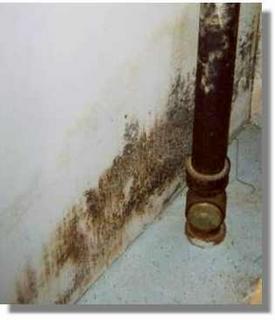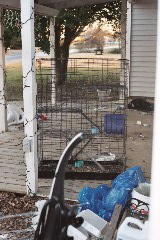 By now, we have all heard about the Supreme Court decision which gave the town of New London, CT, the green light to seize homes of private citizens and sell their property to a developer. The city claimed that the new development of houses, stores and offices qualified as "public use" because the new development would generate more tax dollars than the homeowners would pay.
By now, we have all heard about the Supreme Court decision which gave the town of New London, CT, the green light to seize homes of private citizens and sell their property to a developer. The city claimed that the new development of houses, stores and offices qualified as "public use" because the new development would generate more tax dollars than the homeowners would pay.This action alone is outragous. It is also a violation of the rights and liberties of private citizens, as promised in our constitution. If the abuse stopped there, it would still be shameful. But, this story of unconscionable abuse grows more sinster and vendictive with each passing day.
The town of New London, like a totalitarian drunk on power, is now trying to collect back rent from the seven homeowners who battled their own home town, just to keep their homes. The city argues that those homeowners have been living on city property, since their fight against the seizures began in 2000. Thus, they owe the city back rent through 2005. The city also wants any rental income the homeowners may have earned from tenants during the five year battle.
If you find the above gangster-like behavior hard to believe, check out the next shakedown awaiting these seven homeowners. The New London Development Group is now presenting these seven homeowners with buyout offers based on the market price of their homes in the year 2000. Given the real estate boom in the last five years, the difference between year 2000 sales prices and the present-day value is a huge windfall for New London, CT, at the expense of its seven, homeless citizens.
If you have to remind yourself that this attrocity is taking place in Connecticut, United States of America, you are not alone. Thankfully, a number of states are inacting legislation to forever prohibit the tactics of thug governments like Zimbabwe, Africa and New London, CT.













